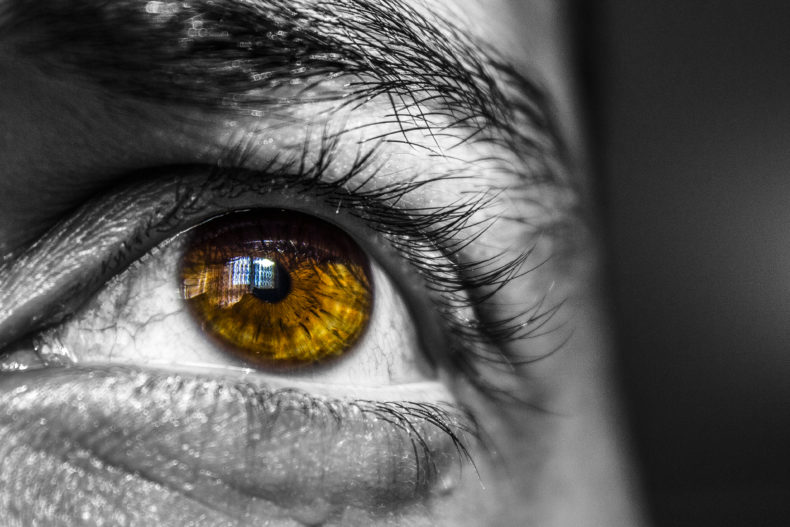No matter the offence, the Crown Attorney must always prove the identity of the accused as the person who committed the crime in order to secure a conviction. Depending on the case, sometimes the accused identity is admitted and not in issues. In other cases, the sole issues is the identification of the suspect. The Crown Attorney can go about proving identity in many different ways including eyewitness identification, proving the accused had the exclusive opportunity to commit the offence, video survillence, finger prints, foot prints and DNA.
The Courts have come to recognize eyewitness identification evidence as inherently unreliable. The biggest risk of wrongful conviction is when an honest but mistaken witness testifies to the identity of an accused. Errors in observations can occour thoughout the process: he or she may not have accurately saw the event; in the courtroom, he or she may not accurately recall the event; and lastly, he or she may not accurately communicate their observations to the court.
Eyewitness identification evidence can become tainted in a number of ways:
- Investigators can inadvertently influence the witness’s memory or confidence of his or her identification, later affecting the witness’s testimony in court.
- Photo lineups that in someway lead the suspect to stand out.
- The eyewitness is so focused on the weapon they fail to observe the details of the assailant description.
- Witness discuss their evidence with each other and influence one another’s memories.
- In-dock identification of a suspect may be assumed accurate due to the fact they are before the court on the charges for the offence.
Mistaken eyewitness identification is a major source of conviction of the innocent in North America.
The frailties of eyewitness identification has lead to many instances of wrongful convictions. Such is the well-known case of Jennifer Thompson, who when 22 years-old was raped at knife point. During the trial of Ronald Cotton, she testified to carefully studying her assailant’s face during during the assault. She said she studied his hairline, eyes, nose, eyebrows, nostrils and lip. She swore on the bible that her assailant was Ronald Cotton. He was convicted. Eleven years later, DNA testing showed Ronald Cotton had not committed the offence, but another many by the name Bobby Poole.
Due to the inherant unreliablity of eyewitness identification, Judges are required to give special instructions to juries when they are considering identification evidence. In R v Sophonow (No.2), the Manitoba Court of Appeal provided the guidelines may be stated thus:
- the judge should warn the jury of the special need for caution before convicting in reliance on the correctness of the identification;
- he should instruct them as to the reasons for the need for such a warning and make some reference to the possibility that a mistaken witness could be a convincing one and that a number of such witnesses could all be mistaken;
- he should point out that although identification by one witness can support that of another, even a number of honest witnesses can be mistaken;
- he should direct them to examine closely the circumstances in which the identification by each witness came to be made;
- he should remind the jury of any specific weaknesses which had appeared in the identification evidence.
Fundamental factors that must be considered in the assessment of eyewitness idetification evidence include opportunity to observe (light conditions, distance from the witness to the assailant, eyesight of the witness), familiarity with the assailant, the focus of the witness (attention or distraction), recall of the witness as to any distinctive features of the assailant, and the time since making the observations.
Joshua’s Noteworthy Cases involving Eyewitness Identification
- Utter Threats Case: Her Majesty The Queen v. Jonathan Daniels
- Fire Bombing Case: Her Majesty the Queen v. Dallas Perreault
It is important to consult with a lawyer when criminally charged. A lawyer will readily be able to identify available defences, weaknesses in the Crown’s case, and be able to provide you with the advice you need. If you or a loved one has been charged with a criminal offence, please feel free to contact me for a free initial consultation. I will be be glad to assist you.

